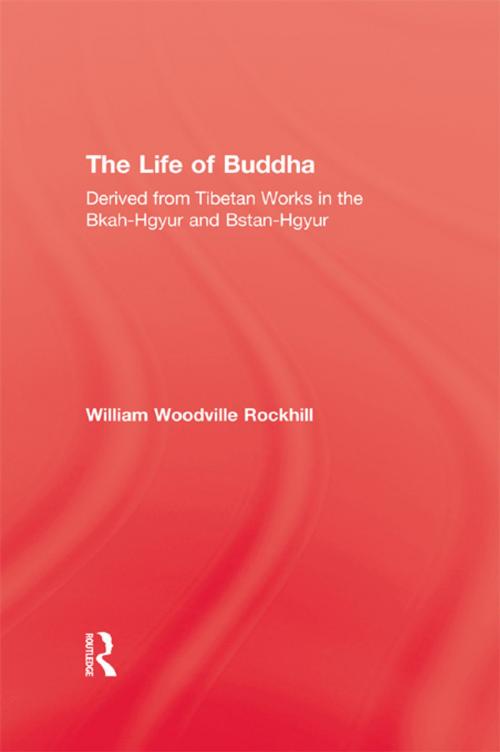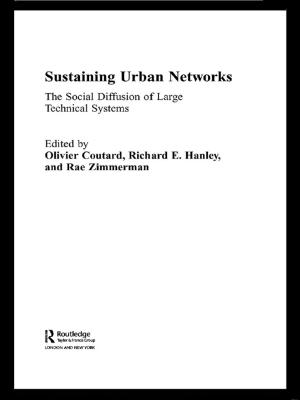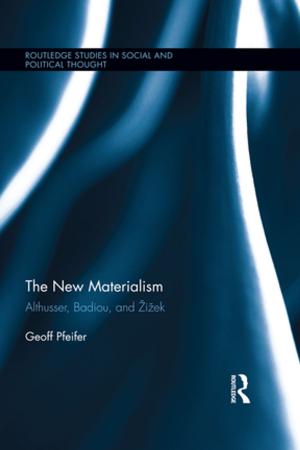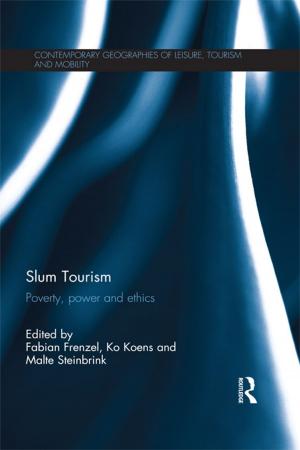Life Of Buddha
Nonfiction, Social & Cultural Studies, Social Science, Cultural Studies, Ethnic Studies, Anthropology| Author: | Rockhill | ISBN: | 9781136218439 |
| Publisher: | Taylor and Francis | Publication: | November 12, 2012 |
| Imprint: | Routledge | Language: | English |
| Author: | Rockhill |
| ISBN: | 9781136218439 |
| Publisher: | Taylor and Francis |
| Publication: | November 12, 2012 |
| Imprint: | Routledge |
| Language: | English |
This classic volume focuses on the life of the Buddha and the early history of his order, and includes the first translation of many works. The first part of the book consists of the translation and analysis of contained in the Tibetan Dulva or Vinaya-pitaka, and the second part includes chapters on the early history of Tibet and Khosan and an index of Tibetan words with their Sanskrit equivalents. The author, William Woodville Rockhill, (1854-1914) was a scholar-diplomat, linguist, ethnologist and Tibetan expert who was the first American to speak, read and write Tibetan and the first to explore the Tibetan highlands. While serving as the American Minister to China, he became an authority on Buddhism and a friend of the thirteenth Dalai Lama. His collection of Tibetan manuscripts, including those consulted for this volume, became the core of the Library of Congress's Tibetan holdings.
This classic volume focuses on the life of the Buddha and the early history of his order, and includes the first translation of many works. The first part of the book consists of the translation and analysis of contained in the Tibetan Dulva or Vinaya-pitaka, and the second part includes chapters on the early history of Tibet and Khosan and an index of Tibetan words with their Sanskrit equivalents. The author, William Woodville Rockhill, (1854-1914) was a scholar-diplomat, linguist, ethnologist and Tibetan expert who was the first American to speak, read and write Tibetan and the first to explore the Tibetan highlands. While serving as the American Minister to China, he became an authority on Buddhism and a friend of the thirteenth Dalai Lama. His collection of Tibetan manuscripts, including those consulted for this volume, became the core of the Library of Congress's Tibetan holdings.















